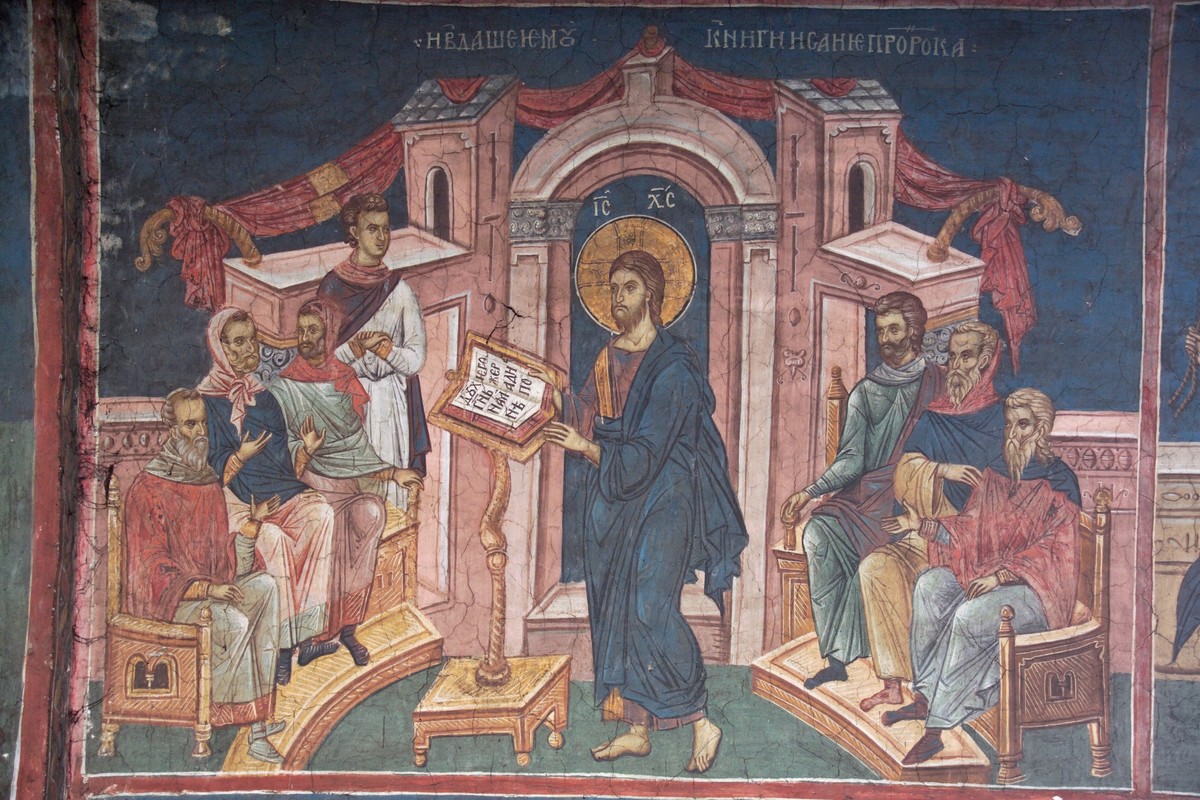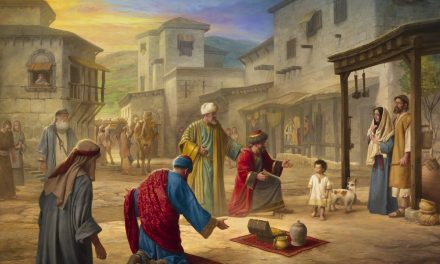
They were in Jerusalem for the Feast of Weeks (Pentecost). So that means that Christ, being Lord, could speak in any tongue He needed to if it forwarded God’s work.
How Many Languages Did Jesus Speak?
In Acts 2 of the Bible we see the apostles speak in many tongues in order to preach the gospel to pilgrims from many nations. They were in Jerusalem for the Feast of Weeks (Pentecost). So that means that Christ, being Lord, could speak in any tongue He needed to if it forwarded God’s work. But what about during His day-to-day life and ministry?
Around 600 B.C. Judea was conquered by Babylon, which carried off all the best and brightest of the inhabitants, killed many, and ruined the city of Jerusalem. Judeans stayed in Babylon for 70 years until the Medes and Persians conquered Babylon. We’ll call them Jews, although there were members of the other Israelite tribes, especially of Levi and Benjamin.
During that time, they learned to speak Aramaic and essentially forgot Hebrew. Aramaic was also spoken in Assyria, which had carried off the northern kingdom of Israel a couple of hundred years before. The Scribes got their start in Babylon. They were men learned in the law who could also read Hebrew and translate it into Aramaic.
Once under Persian rule, the Jews were allowed to return to Judea. You could sum up their reaction with a resounding “Meh.” Not too many of them wanted to go, as Jerusalem had become a backwater. The ones with a lot of religious passion went because of their zeal, but even they had trouble being enthusiastic about rebuilding the temple once they got there.
Then a bit before 300 B.C. Alexander the Great, a Greek from Macedonia, conquered pretty much the entire known world, all the way southwest to Egypt and all the way southeast to India. Greek tradesmen, traders, and families spread all over the empire, bringing their culture and beliefs, even permeating Israel and Judea. From that point on, even the pharaohs of Egypt were Greek; the Cleopatra you know and love was Greek, not Egyptian. In Alexandria, her seat of power, there were 1 million Greek-speaking Jews when Christ was born. For them, the scriptures were written in Greek as the Septuagint.
So, Jesus spoke Greek, the language of the marketplace in the Holy Land. Jesus spoke Aramaic, the language of the Jewish common people in the Holy Land. We see Jesus reading the scriptures to the congregation, so Jesus spoke Hebrew, the language of the scriptures. On occasion, Jesus interacted with the Romans who rose in power after the Greeks. On those occasions, Jesus would have spoken Latin.
It may seem like a big achievement, to be able to communicate truth and light in 4 languages, but Jesus hears and answers prayers in any language, and speaks to us through the Holy Spirit in whatever way we understand the best.





